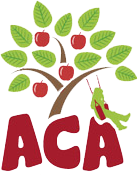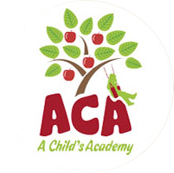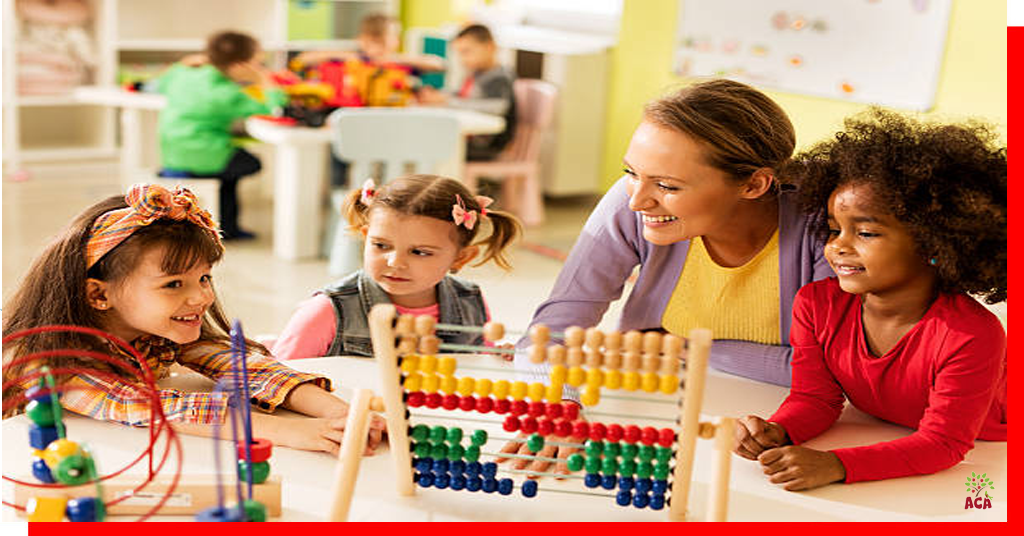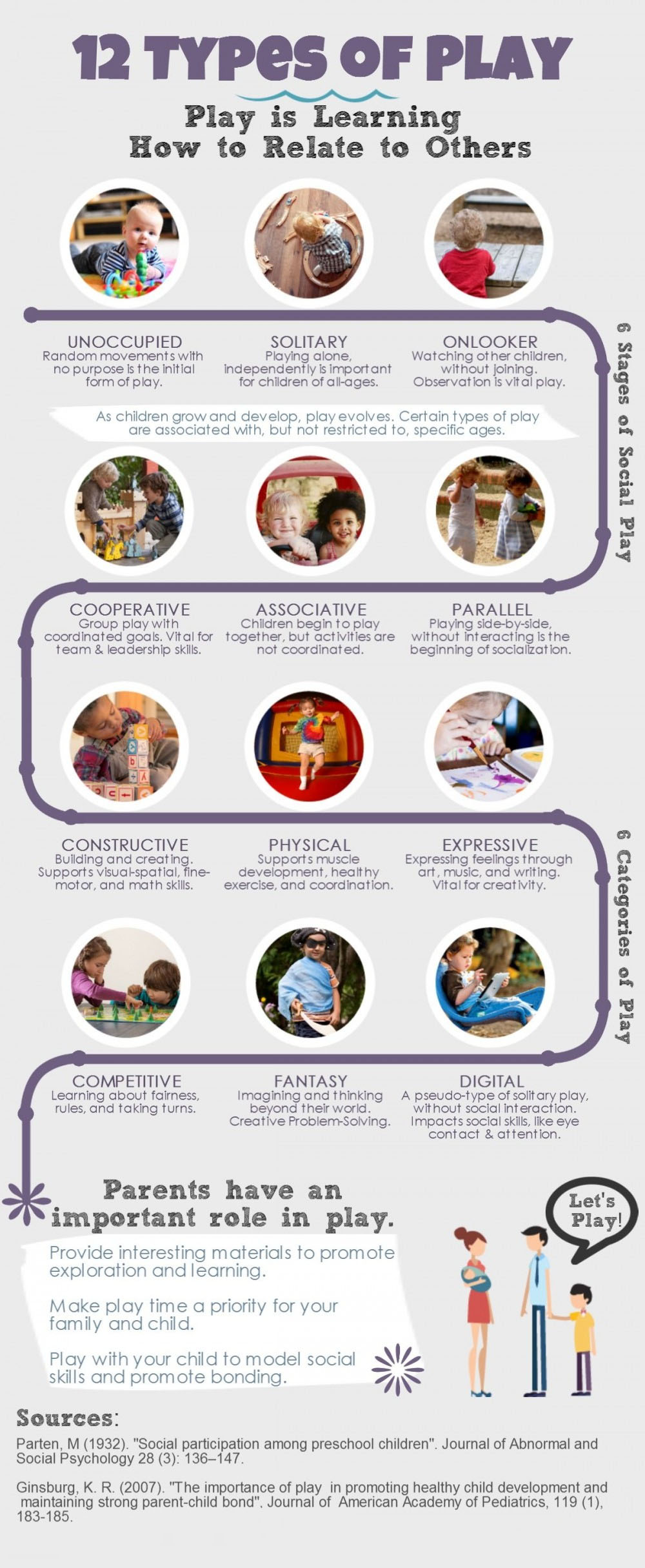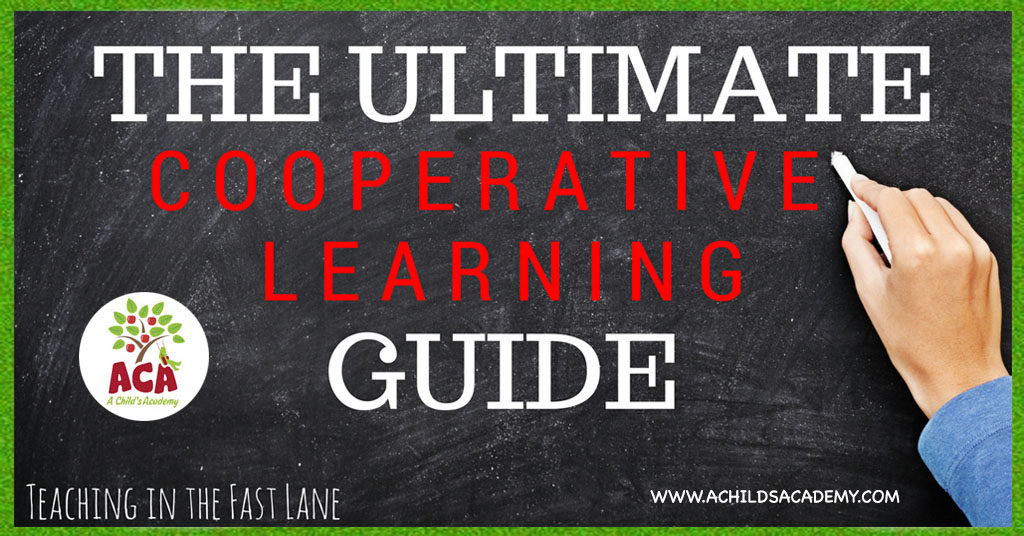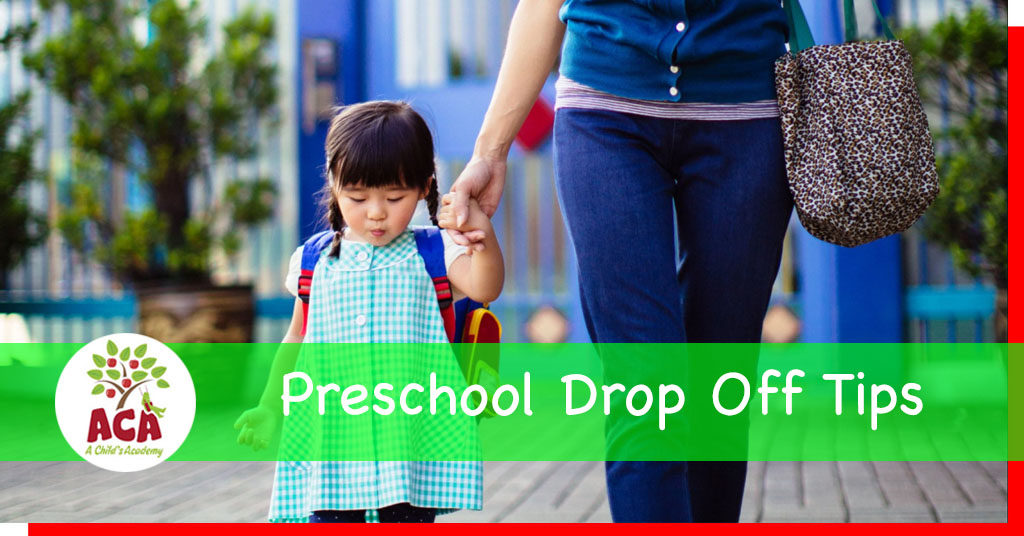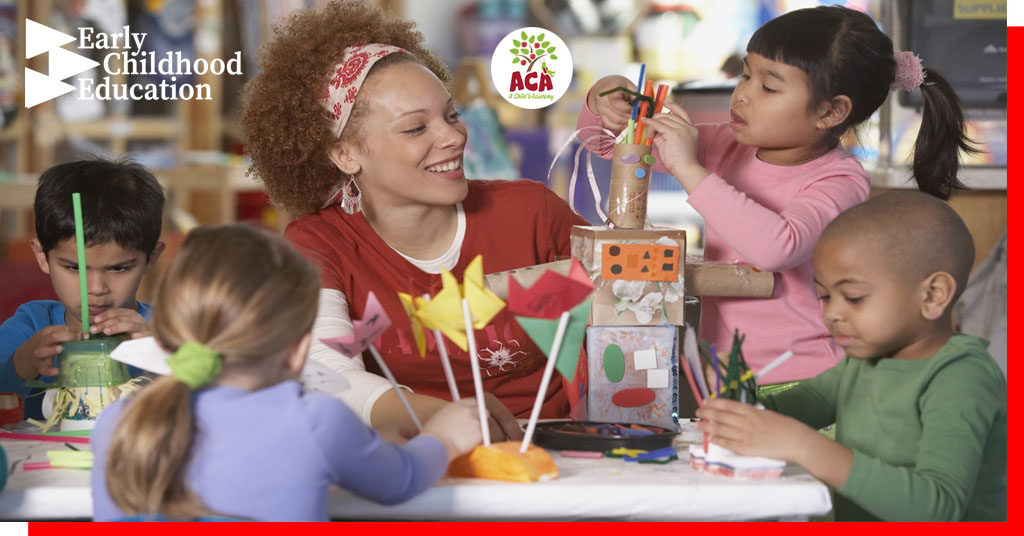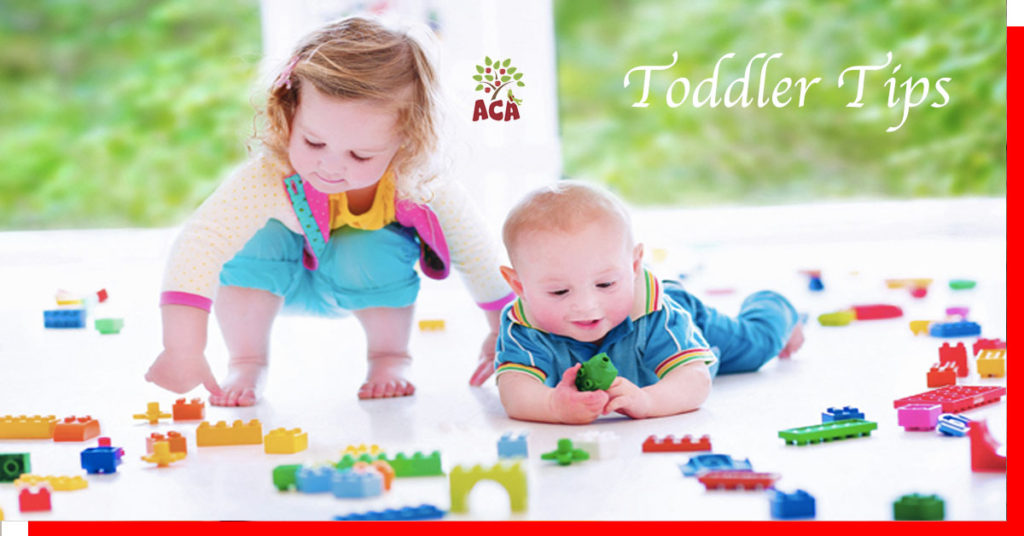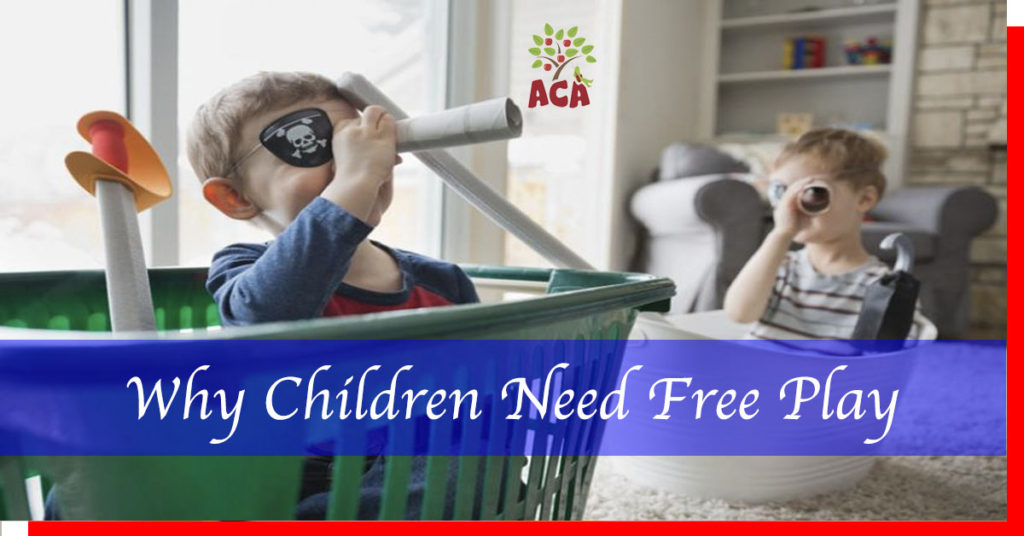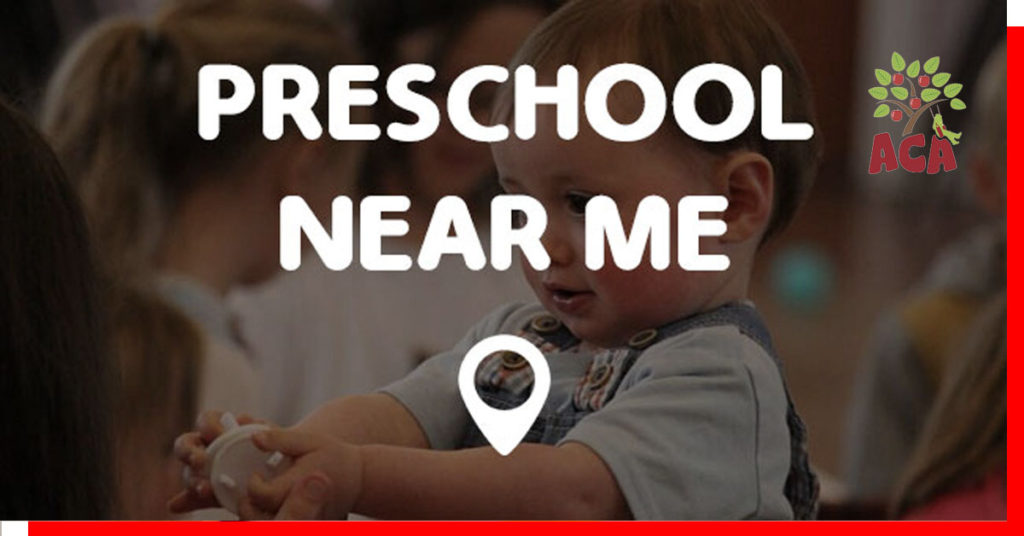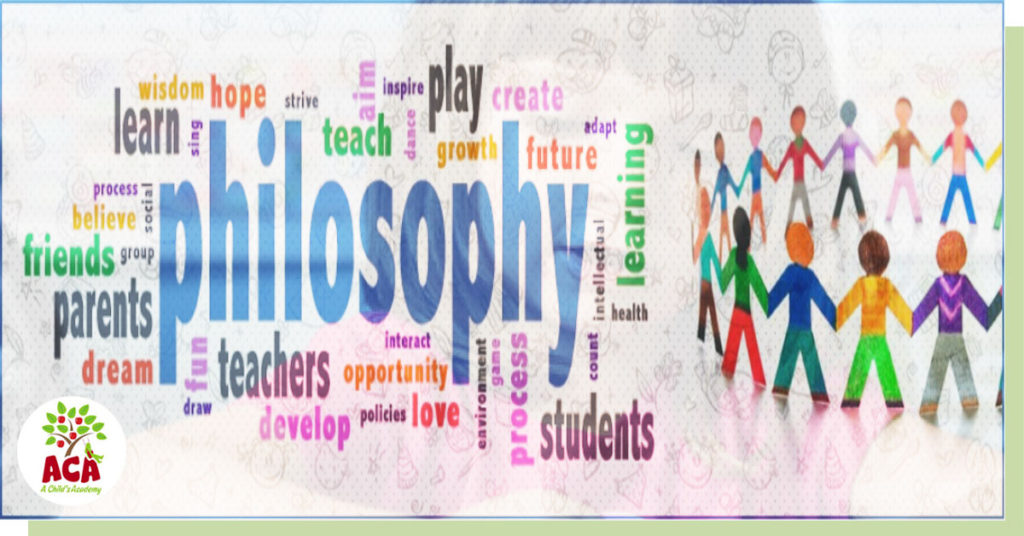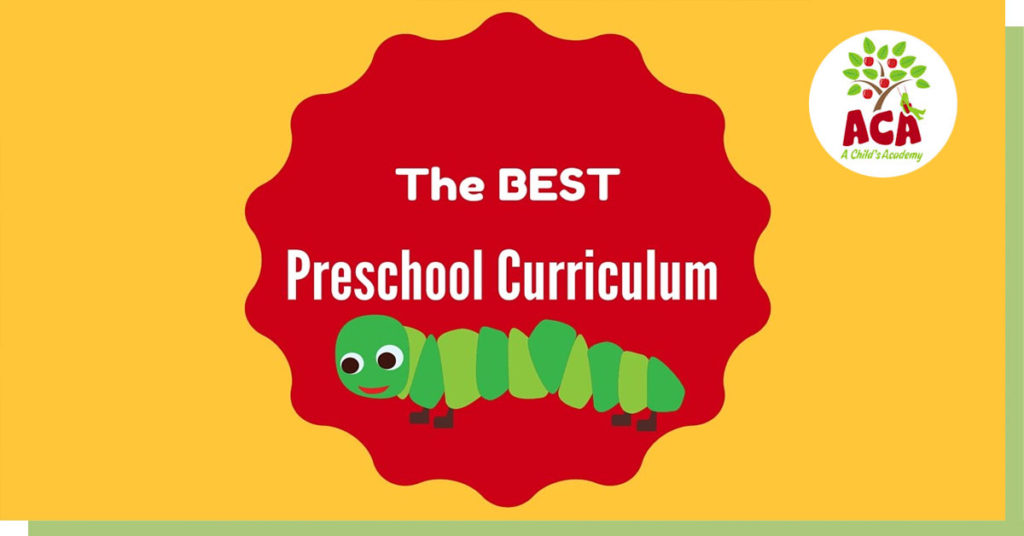A Child’s Academy has been offering some of the best preschool programs in Florida for nearly 40 years. Our dedication to providing quality early childhood education is second to none. We have a caring team of childcare professionals who go above and beyond to provide the families we care for with peace of mind and a love for their child’s preschool. In this post, we wanted to discuss the role of play in the development of young children which has been well documented. Here’s a look at the “six stages of play” as outlined by noted sociologist Mildred Parten.
Parten studied play while at the Institute of Child Development in Minnesota. Her study suggested that when children engaged in active playtime, they learned how to interact with other children, cooperate, share and make friends.Parten stated that children’s play changed as they developed, going through six distinct stages that generally, but not always, correspond to children’s ages:
-
Unoccupied play | Stages of Play | Best Preschool Programs in Florida
The child is seemingly not engaged or actively playing with others at all. They may remain stationary and be engaged in random movements with no objective. This stage of play is mostly seen in newborns and infants, between the ages of 0 and 2. This is an important setting stage for future play exploration and development.
-
Solitary play | Stages of Play | Best Preschool Programs in Florida
During this stage of play, children will often play alone, with toys different from those of others, and be uninterested or unaware of what others around them are doing. This stage of play is most commonly seen in young toddlers between the ages of 2 and 3, but it is important for children of all age groups to participate in from time to time. Solitary play is common at a young age because cognitive, physical and social skills have yet to fully develop. This type of play is important because it teaches children how to entertain themselves.
-
Onlooker play | Stages of Play | Best Preschool Programs in Florida
Onlooker play is when a child observes others playing but does not join the play. They will frequently engage in other forms of social interactions such as conversations to learn more about the game or play that is going on. This type of play is common in younger children between the ages of 2½ and 3½, but can take place at any age.
-
Parallel play | Stages of Play | Best Preschool Programs in Florida
This occurs when children play side-by-side from one another, but there is a lack of group involvement amongst them. They will typically be playing with similar toys and often times mimic one another. Parallel play is common in toddlers between the ages of 2 ½ and 3 ½ but can take place at any age. Although it looks like there is very little contact between them, these children are learning valuable social skills and actually learn quite a lot from one another. For this reason, parallel play is important as a transitory stage for the development of social maturity, which is key to later stages of play.
-
Associative play | Stages of Play | Best Preschool Programs in Florida
At this stage, children will begin to play together, but not focused towards a common goal. A child will be more interested in playing with other children around them than the individual toys they play with. Associative play is slightly different than parallel play as children may continue to play separately from one another, but they start to become more involved in what others around them are doing. You may find children playing or trading with the same toys or actively talking with or engaging one another, but no rules of play are being set. This type of play typically begins around ages 3 or 4, extending into the pre-school age. This is an important stage of play because it develops necessary skills such as cooperation, problems solving, and language development.
-
Cooperative play | Stages of Play | Best Preschool Programs in Florida
Cooperative play is where play finally becomes organized into groups and teamwork is seen. Children are now interested in both the people that they are playing with as well as the activity at hand. The group is more formalized with a leader, as well as other assigned roles, and play organizes around accomplishing group goals or specific tasks. Cooperative play begins in the late preschool period, between the ages of 4 and 6. It is uncommon to see children reach this stage until these later years, as it requires an evolved set of organizational skills and a higher degree of social maturity. Cooperative play is indeed the culmination, bringing together all the skills learned across previous stages into action, giving the child the necessary skills for social and group interactions.
